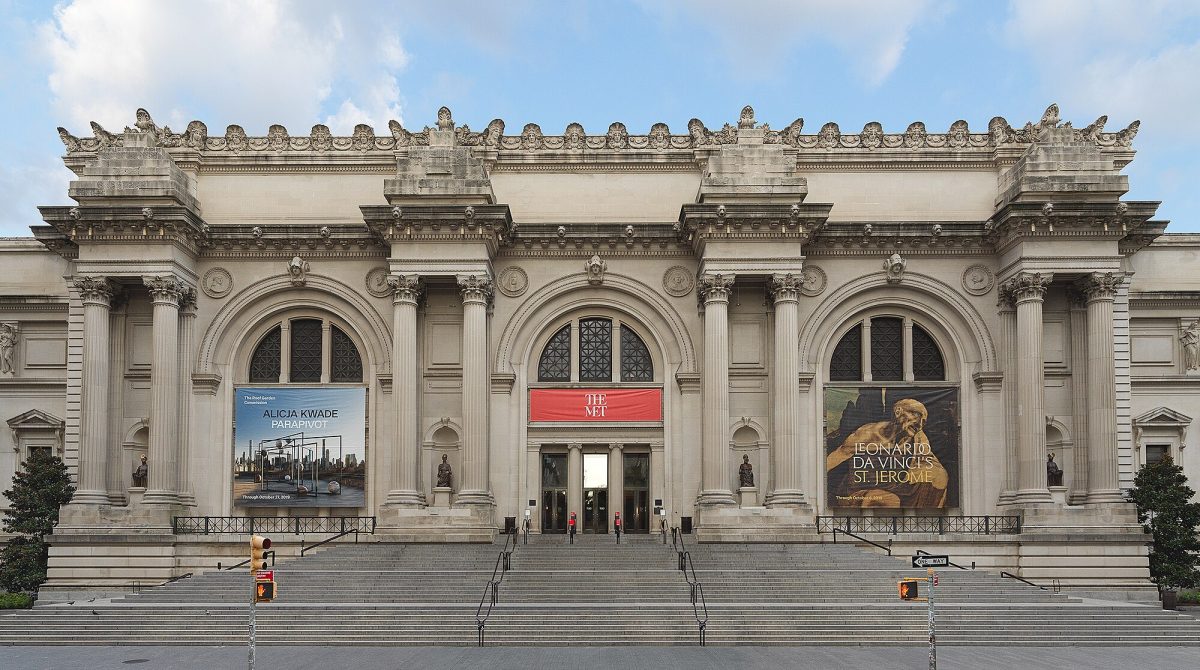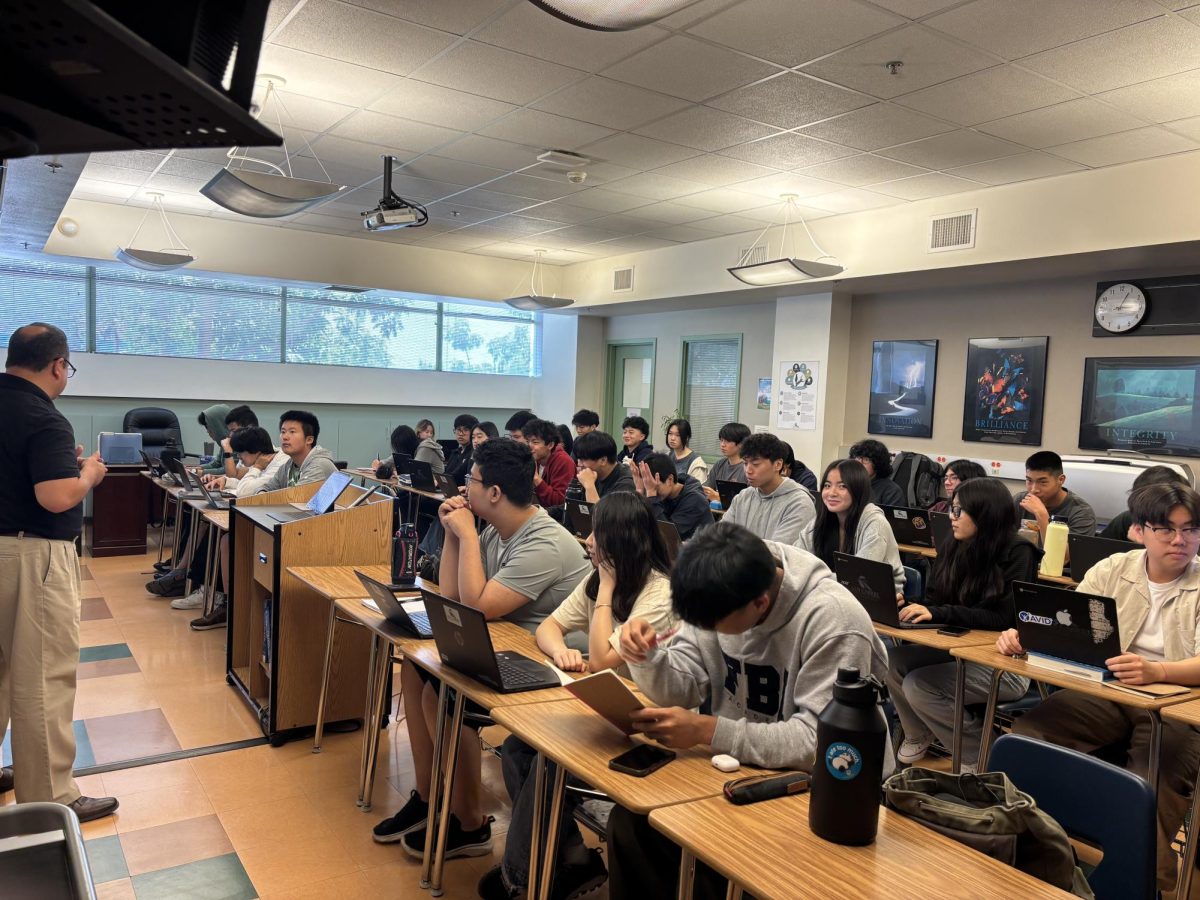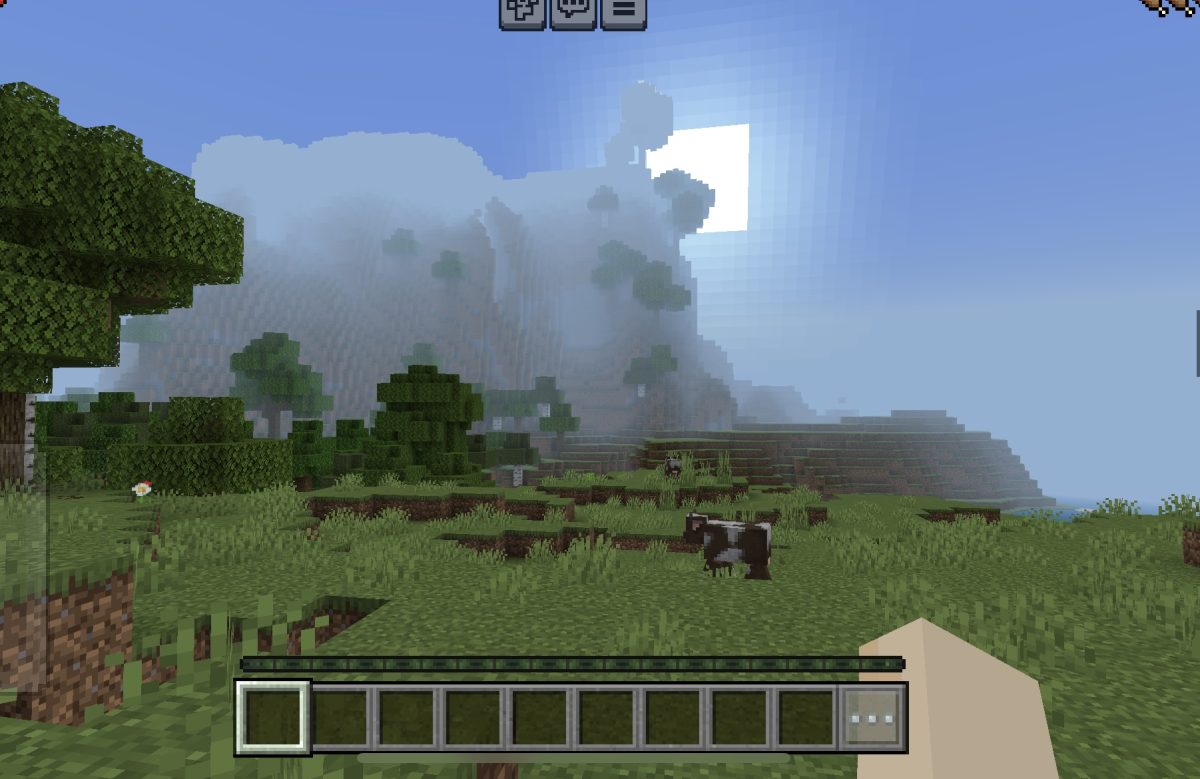By Brittany Snow | Production Chief
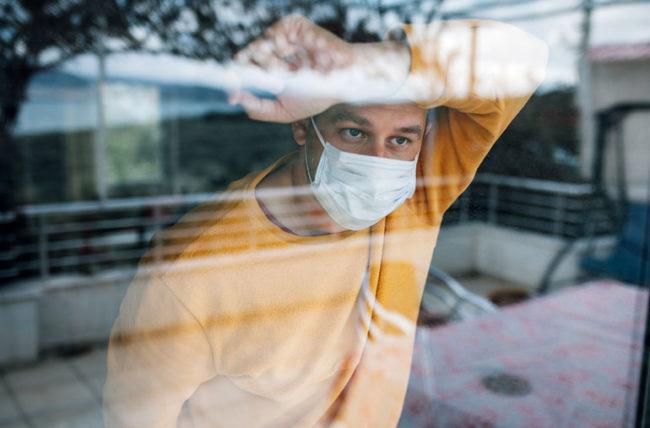
The two-week quarantine announced in March of last year turned into a year-long isolation period from friends and family as varied protocols failed to slow the spread of COVID-19. However, uniform measures could have been taken across the United States, including closing public areas nationwide, to protect residents from exposure to the virus. It is clear that the lockdown period would have been much shorter had there been a more immediate and strict handling of the situation.
A few foreign counterparts, including Australia and New Zealand, have reopened their schools and businesses almost entirely by implementing measures that the U.S. refused to take in 2020. Australia, for example, closed its borders and severely limited movement for travelers inside the country, according to The Washington Post. Although this idea might sound extreme, it was the most effective way of discouraging the spread of COVID-19 and was a crucial step that the U.S. should have taken but didn’t.
“We told the public: ‘This is serious; we want your cooperation,’” Marylouise McLaws, a Sydney-based epidemiologist at the University of New South Wales and a World Health Organization advisor, told the Post.
The U.S. ignored this information and allowed individual states to handle the viral threat on their own.
Students from Gabrielino High School, as well as others around the nation, were put into a two-week lockdown starting March 13. For schools like Gabrielino, this served as an additional two weeks to the already scheduled spring break more than a warning of the dangers to come. As a result, people were drawn to theme parks, beaches, and other public places prone to spring visitors and vacation activities.
Within days, reports started popping up on Facebook about D.J.’s and Miami Beach party goers becoming terribly ill. Florida’s Governor Ron DeSantis blamed travelers from New York, Europe, and other places for seeding the virus in his state. However, the reverse was also true – people got sick in Florida and took the infection back home.
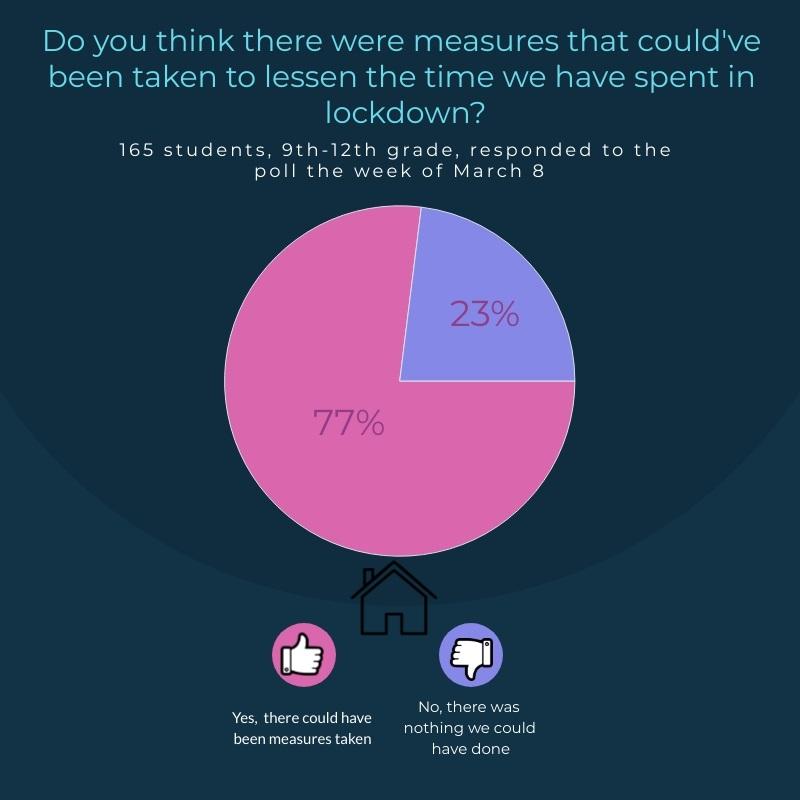
One of the biggest flaws in the spotty lockdown approach was that there was always someone or something to blame. Conspiracy theories fueled the flames, as the virus’ origins continued to be a mystery. One of the most prominent – and false – theories was that the virus was engineered as a bioweapon which escaped a lab in Wuhan, China.
The pandemic had the potential to be over last year, had the correct measures been taken. The simplest solution would have been a national lockdown but, unfortunately, that was not implemented and we are all now experiencing the consequences.
Dr. Ashish Jha, dean of Brown University’s School of Public Health, wrote in a New York Times piece, “There’s no peeing section in the pool,” meaning a pandemic cannot be quelled if some areas lock down while others don’t.
Imposing a national lockdown before the cases got out of control in the U.S. could have been part of the solution. Having a united front against COVID-19 could have saved hundreds of thousands of the 541,000 people who have died from the virus in the United States. It also would have greatly discouraged the anti-mask movement and the large social gatherings that have continued throughout the year.
“More aggressive lockdowns would have [gotten] the country in a better position health wise,” Andrew Patton, a professor of Economics and Finance at Duke University told FiveThirtyEight. “It would also have signaled more clearly to the whole country that we need to take the virus seriously, and work together to get it under control.”

